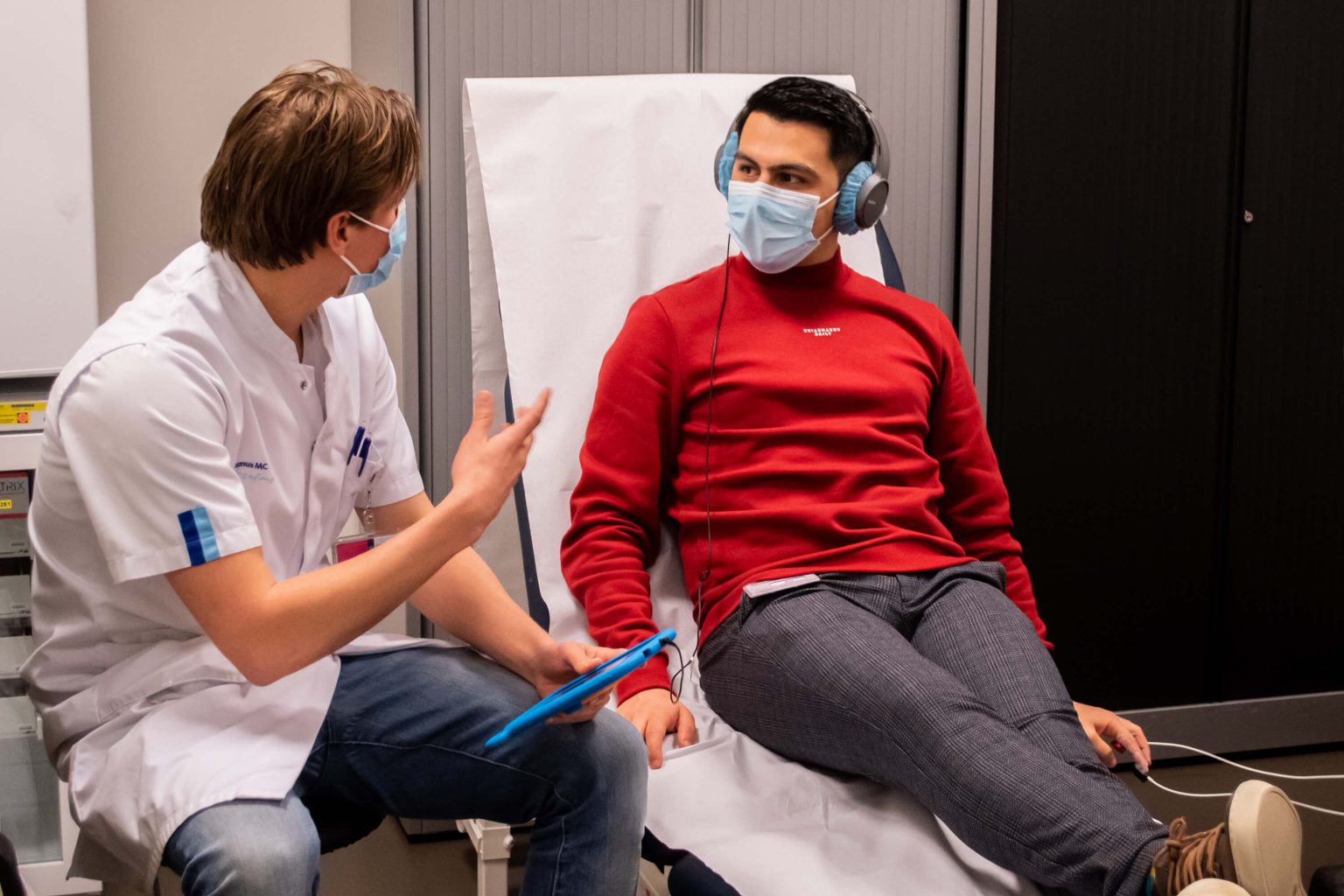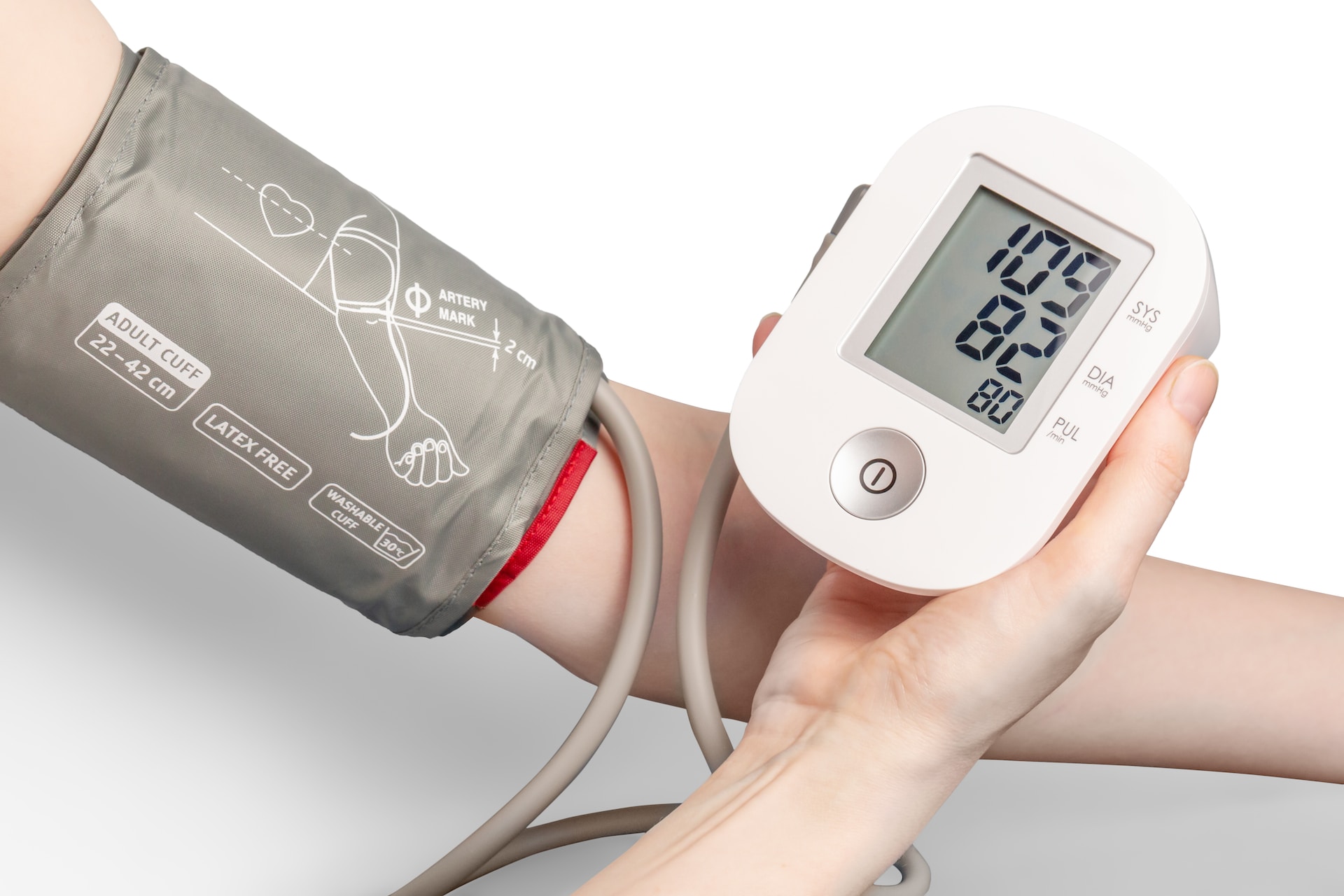Fatigue symptoms are frequently accompanied by memory problems. It is common for people to forget things as soon as it becomes too much. You then notice that you are frequently late, cannot remember what someone has told you, and you may even forget appointments completely. In addition, you may find that you can’t remember names of colleagues or can’t think of words.
Like problems with concentration, memory problems are a reason for many people to raise the alarm. It can be hugely limiting, and in some professions it can even pose risks.
Sleep and memory: the hippocampus at work
Memory is one of the best understood processes of sleep. During the various stages of sleep, a series of steps are taken to remember (or forget) memories from the past day, store them in the right place in the brain and place them in the right temporal order.
The hippocampus is an area in the center of the brain that plays an important role in processing stimuli and information during the day and organizing memory at night. It initially determines what information is important to remember and then processes short-term memory from the hippocampus into long-term memory.
There are several scientific studies showing that you can remember things better after a night’s sleep.


Chronic stress and memory
Processing memory is not the only process that drives the hippocampus. In fact, the hippocampus is a very important part of the stress response. When stress is triggered and the hippocampus is informed of this via hormones, the hippocampus inhibits the stress response so that we calm down again.
With chronic stress, the hippocampus has to work hard for a long time to inhibit the stress response, causing this brain area to function less well. Under brain scans, you can literally see that the hippocampus becomes smaller in this type of situation.
This can lead to experiencing stress faster, but the hippocampus can also perform its other functions less well. This is one of the reasons that stress is associated with memory problems. In addition to chronic stress, poor recovery from illness and continuous activity can also cause changes in the nervous system with negative effects on the hippocampus and memory.
How can we improve memory again?
Fortunately, there is a positive side to this story. After all, your nervous system is plastic. If the right steps are taken, it is possible for the nervous system to adapt to a new situation. This allows the hippocampus to become more active, which in turn helps to inhibit stress, can reduce sleep problems and improve memory.
Since it is not always possible to reduce stress and solve the causes of stress, we must look for other solutions. The best solution for memory problems resulting from an oversensitive stress system is exercise.
Sufficient exercise activates the hippocampus. At BioCheck, exercise is an important part of the recovery process. (link to blog on information page content program). Through cardio training at the right level, the nervous system gradually comes into balance. This form of exercise is measured individually. After exercise, the focus is on relaxation so that the body can recover from exertion. Once the body regains balance, it is possible to take up further recovery.






